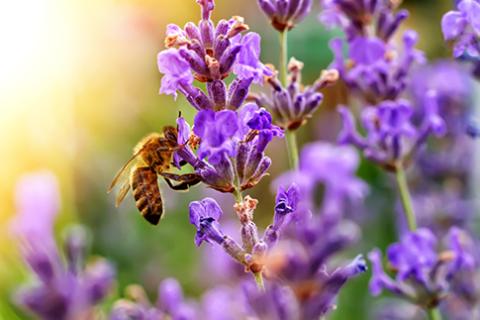Pollinators — such as bees, birds, butterflies, bats and insects — play a crucial role in the production of most fruits and vegetables. They also support healthy ecosystems that clean the air, stabilize soils and support wildlife.
Studies show that pollinator populations are in decline because of a loss of feeding and nesting habitats, pollution and the misuse of pesticides. In this 6-week course, learn how to protect our pollinators, food supply, and agricultural economy with the Master Pollinator Steward program. Session topics include an insect overview, plant-pollinator relationships, honey bees, native bees and other pollinators, and pollinators in nature and agriculture.
This course qualifies as Advanced Training for Extension Master Gardeners and Missouri Master Naturalists. This course has been certified for the following learning objectives for the Great Plains Master Beekeeping program: 1.1, 1.2, 1.3, 1.5, 1.10, 1.11, 3.6, and 3.14.
Presentation Schedule (Mondays, 9:30am-12pm):
- May 5 - Insects
- May 12 - Plant-pollinator interactions
- May 19 - Honey bees
- June 2 - Native bees and other pollinators
- June 9 - Pollinators in nature and agriculture 1
- June 16 - Pollinators in nature and agriculture 2
Where: Lecture presentations are via Zoom with others in Missouri, but viewing for the St. Louis class will be hosted at the MU Extension Urban East Regional Office (8225 Florissant Rd., Saint Louis, MO 63121). Sessions will be recorded and the link will be shared for viewing later. Field sessions are local and in-person.
Questions: Contact Eliza Pessereau (eliza.pessereau@missouri.edu, 314-403-7410).
Field Session Schedule: In-person field sessions will be held in the St. Louis metro area, exact locations TBD. We will visit with beekeepers, go to a native pollinator habitat, and see on-farm practices that enhance pollinator biodiversity.
